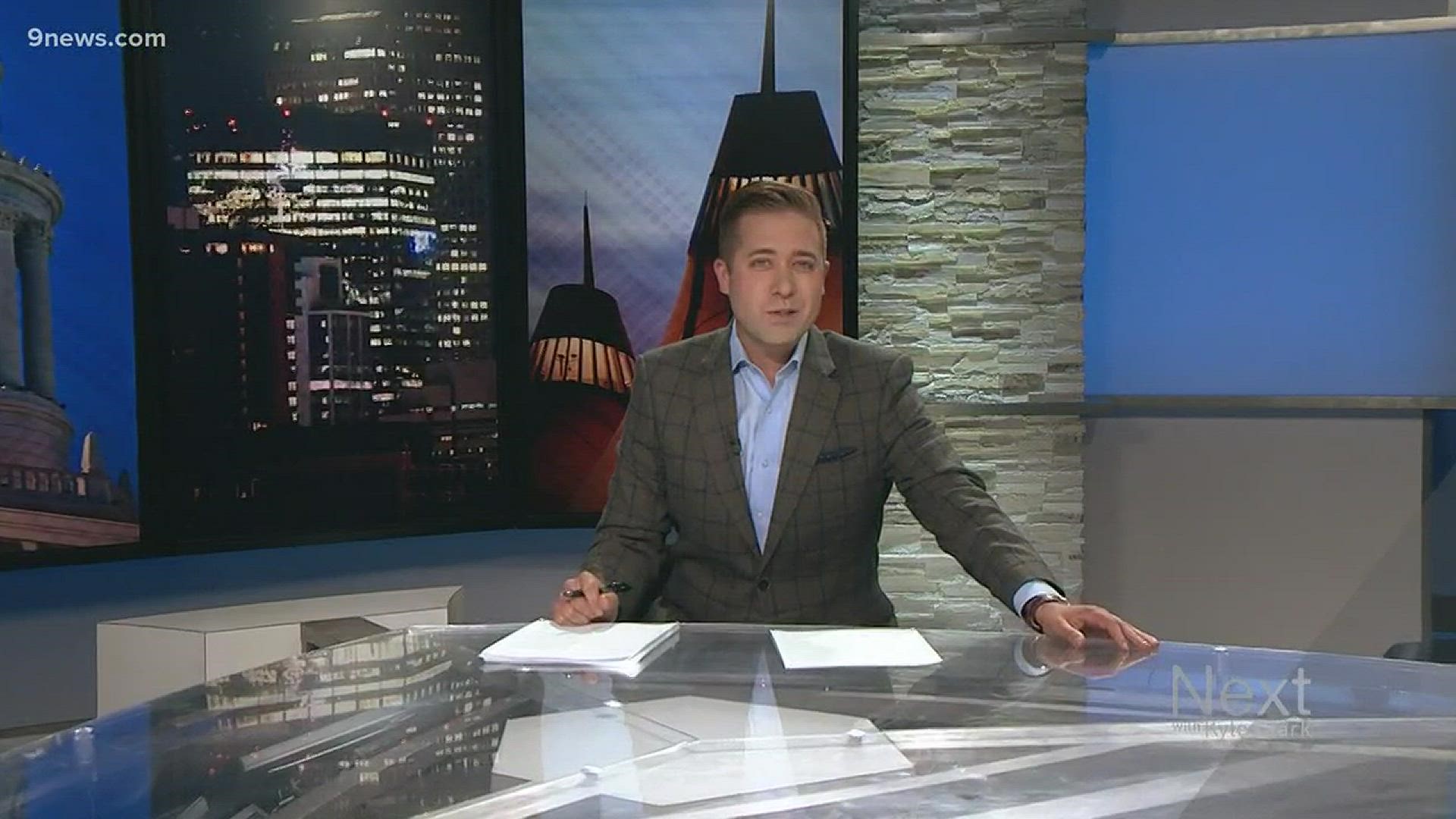DENVER — Democrats in Colorado must decide which bills they are OK seeing die because of…math.
There are more bills on the calendar than will get done in the final days of the legislative session that ends by midnight on Friday.
As of the start of legislative day on Monday, there were 220 bills that still needed to be acted on. As of 6 p.m., the Senate had acted on just six of the 97 bills still awaiting action on the Senate side.
On third and final reading of bills, lawmakers can speak at the mic twice for 10 minutes each.
"We've had several bipartisan bills already today, and they've taken hours' worth of debate and then had unanimous vote at the end of that debate," said Sen. Stephen Fenberg (D-Boulder), Senate Majority Leader.
"We're not having every member speak, we're not taking every opportunity, the two trips to the mic, and we're not taking 10 minutes at a time," said Sen. Chris Holbert (R-Parker), Senate Minority Leader.
When bills are up for second reading, which 25 bills are in the Senate, the debate can be unlimited. One of the rules that Democrats can change is to limit debate on second reading to just one hour total.
"If the Republicans are going to filibuster as much as they have been so far, and that continues over the next several days, then yes, we will use whatever rules exist for us to get the work done," said Fenberg.
"There is a rule that allows the limiting of debate to no more than one hour per question, but that's about the pace we're on right now," said Holbert.
In the final days of the legislative session, the majority, this year that's the Democrats, can change some of the rules with a simple majority vote instead of a two-thirds vote. That means amendments can move faster and bills can be heard in a committee without a required 24-hour notice. Republicans, however, can still drag out debate, depending on how long it's allowed on second reading, and up to 20 minutes per lawmaker on third reading.
"Local control of rent control, local control of minimum wage, we've got the climate change bill, we've got the tobacco tax that hasn't yet cleared the House, we've got the vaccination bill that could be 20-25 hours," said Holbert. "If they want to bring those big, impactful bills up for, say, second reading, that's probably going to be hours of debate."
That means Democrats need to be strategic with their calendar. They can lay over Republican bills to the end of the calendar, protecting some of their pet projects. Meaning, if comprehensive sex education were to die on the calendar, so might a number of Republican bills.
They can also prioritize which bills they truly want passed and call for debate on those bills knowing the entire day might be spent on that one piece of legislation, but also knowing it will get through the process.
"If they're going to use a bill as a weapon to try to kill other bills that we really do care about, then yes, we will rearrange the calendar," said Fenberg. "In terms of bills that I will say are absolutely going to pass no matter what, one is the out-of-network bill, so 'surprise billing.'"
The House has similar logjam issues, but the leadership from both sides, Rep. Alec Garnett (D-Denver) and Rep. Patrick Neville (R-Castle Rock), appear to have a better relationship and dialogue and can come to agreement on how to proceed.
As much flack as Republicans are taking for stalling legislation with long debates and having bills read at length, Democrats also introduced certain bills later in the session and delayed having debate on bills earlier in the year.
"When you know things have a better chance of passing, you have to take more time with them, be more deliberative, involve stakeholders more," said House Speaker Rep. KC Becker (D-Boulder).
For example, her bill to address climate change and reduce greenhouse gas emissions in Colorado, wasn't introduced until March 21. The legislative session began on Jan. 4.
"We could have done a better job introducing it earlier, but like I said, we were busy with oil and gas, and we were trying to get it right, but I also think it's due to (Republican) delays," said Becker.
Garnett said the Democrats have been transparent since Day One, when Becker gave her opening day speech laying out what the party's priorities would be for this year.
"We are delivering on what those promises were," said Garnett.

